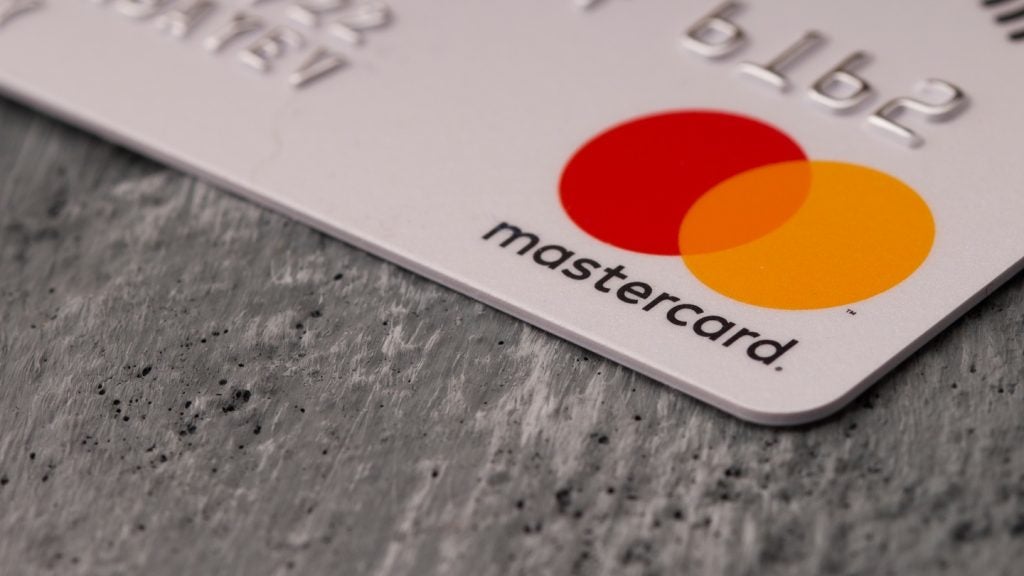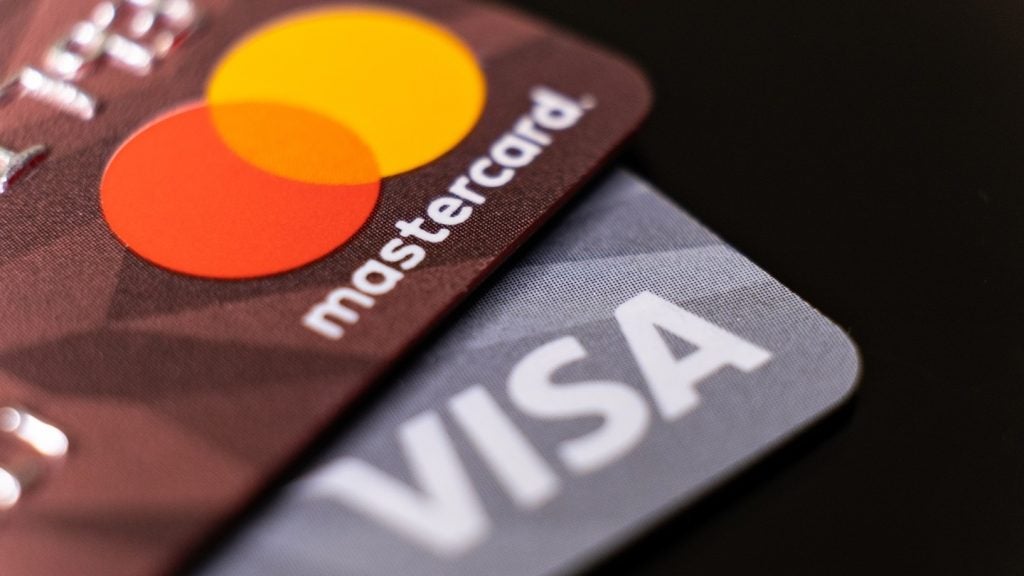Despite switching to EMV cards three years ago, for large US retailers payment card fraud is still a top concern.
Now, fraudsters have moved their activities online, a new study by the National Retail Federation (NRF) and Forrester has found.

Access deeper industry intelligence
Experience unmatched clarity with a single platform that combines unique data, AI, and human expertise.
The EMV cards were meant to significantly decrease fraud. However, it is found to remain a top payment-related concern for 55% of the retailers who participated in the survey.
A separate study by Forter showed 13% rise in online fraud last year, while another report by Federal Reserve showed that it increased from $3.4bn in 2015 to $4.6bn in 2016.
The NRF/Forrester report noted: “In a post-EMV world, fraud is shifting from in-person to ecommerce channels, so retailers have been busy bolstering their defences to mitigate the increasing costs and risks of ecommerce fraud.”
The merchants who participated in the survey said that better authentication is required to tackle the payment card fraud. Nearly 33% of retailers deployed 3-D Secure system to authenticate online transactions.

US Tariffs are shifting - will you react or anticipate?
Don’t let policy changes catch you off guard. Stay proactive with real-time data and expert analysis.
By GlobalDataAround 51% of the respondents opined that biometric authentication would be best for in-person purchases, while 53% favoured smartphone-based approaches such as fingerprint and facial recognition.
Almost half (46%) of retailers were of the opinion that personal identification numbers would be best. Approximately 95% said PINs would enhance security and 92% they would implement the same if available.
NRF senior vice-president and general counsel Stephanie Martz said: “If we want to stop card fraud, we need a better way of authenticating users and it should be one that’s affordable, easy and safe.
“With no signatures, no PIN and no biometrics, what we have right now is no authentication at all.”
Virtually all EMV credit cards by US banks have been chip-and-signature, and PIN is available only on debit cards. Furthermore, major credit card companies made signatures optional.
The study also found concerns over cost of accepting payment cards, including the swipe fees charged by banks.







